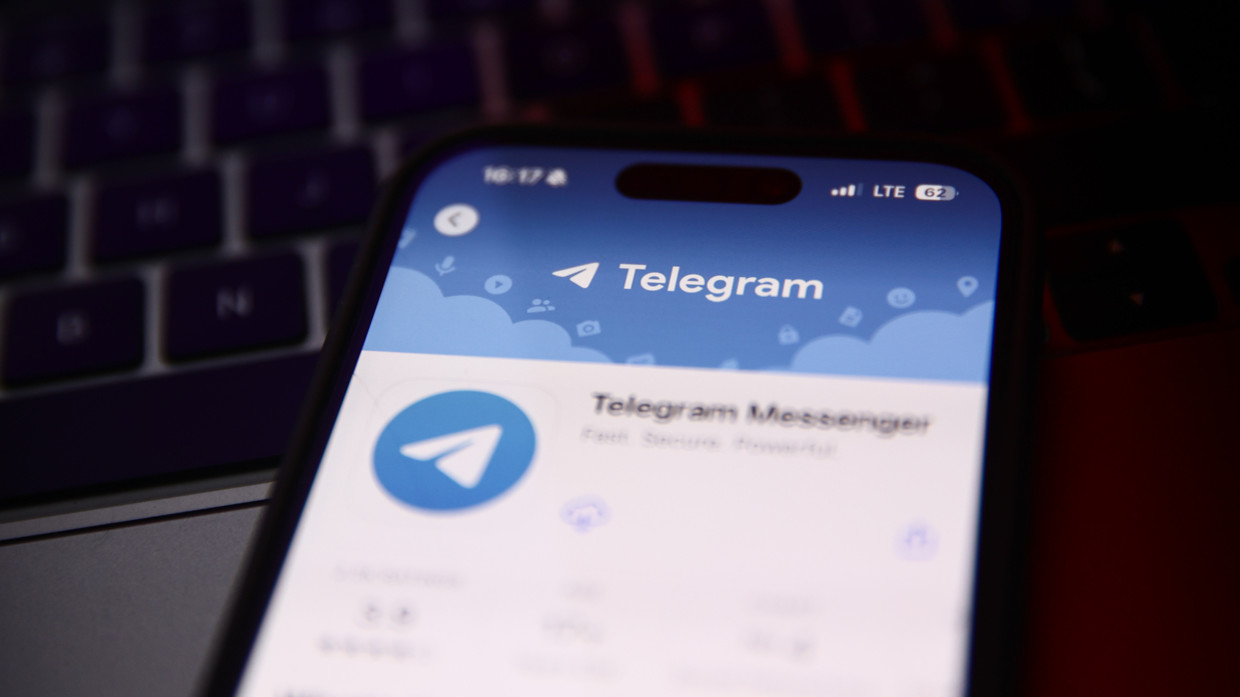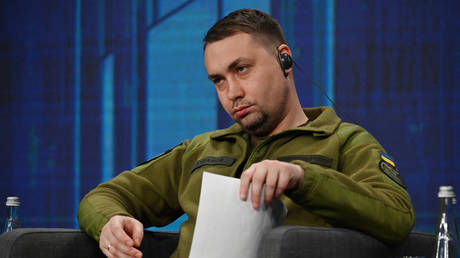Telegram should work harder to deny terrorists the use of its platform, Kremlin spokesman Dmitry Peskov has said in the wake of the Crocus City Hall attack.
The alleged perpetrators of the massacre last Friday were reportedly engaged by the organizers though a Telegram group, which was operating in the name of the Afghanistan-based splinter organization of Islamic State (IS, formerly ISIS).
Peskov was asked on Thursday whether the messenger app faces a ban in Russia because of this. He said this is not the case, but urged the owner, Pavel Durov, to “pay more attention” to the misuse of the platform.
”This unique and technologically phenomenal service, which flourished in our generation, is increasingly becoming a tool for terrorists, used for terrorist purposes,” Peskov told Russian online tabloid Life.
The Dubai-based Russian-born tech entrepreneur and champion of free speech has faced accusations of insufficient moderation on the platform for years. Telegram's ‘renegade’ reputation is at odds with its goal of profitability, as large advertisers tend to shy away from controversy, the Financial Times said earlier this month.
Durov told the British newspaper that he has plans to “deploy AI-related mechanisms to address potential issues,” but as a matter of principle, he believes Telegram should not be “policing people in the way they express themselves” in most cases.
Russia identified four people as the suspects directly involved in the gun and arson attack, which claimed over 140 lives. They were intercepted hours after the rampage in a Russian region that borders Ukraine.
President Vladimir Putin has described them as radical Islamists. He also suggested that Islamic State Khorasan, which claimed credit for the attack, may not be the actual mastermind.
A spokeswoman for the St. Petersburg court system, Darya Lebedeva, reported on Wednesday that a man who was allegedly a member of the same Telegram chat was found to be in violation of Russian migration laws. A judge ordered his deportation, she said.
According to sources in law enforcement cited by Russian media, the group in question was tailored for Tajik audiences and has since been deleted.


